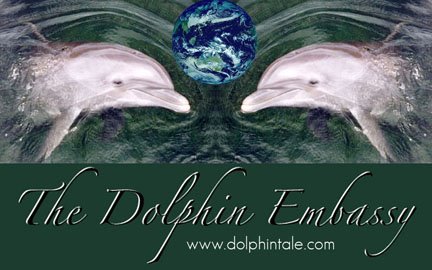
A few days ago we were finally able to send off a packet in the mail that we had long hoped to send. After a year and a half of work, we finished our latest research paper and submitted it to a respected, peer-reviewed journal in England. We look forward to seeing it published.
Entitled: Swimming with dolphins:measuring mood change and the durability of change, it is a carefully done study of the mood state of our guests before and after swimming with dolphins. We also look at how the emotional response to our wellness program and the dolphin experience has affected their lives over time.
Each guest filled out a simple form three times. Once before any dolphin contact, once after the second dolphin swim, and at a date later on. We have our guests fill out the same questionnaire used pre-swim and post-swim at a later date to see how the mood state that they have from the dolphin experience has lasted. Each guest is assigned a random number that determines when their final, third questionnaire is sent to them, so that we can see how their mood state is at 1, 2, 4, 8, or 12 weeks post-swim.
By using a well-recognised psychological "testing instrument" (the Positive And Negative Affect Survey, PANAS-X), we have been able to take advantage of many years of research into moods and their changes. Using statistical analysis, we have been able to look closely at many aspects of mood change, energy levels, positive and negative feelings...and the results are very interesting.
Until the paper is published, we are not able to share our findings. We can say that we have finally found a way to substantiate what many people have experienced, which is to say that dolphins have a wonderful effect on our emotions, and the effect does last. The amazing parts are in the details. Stay tuned...
There has been little research done over the years into how Dolphin-Assisted Therapy works and what effects one can expect.
We are proud to have begun making a contribution to this neglected field.
DAT is a health-promoting and successful form of therapy when done in a careful and realistic way. There are many forms of DAT, from clinical-style programs with multiple sessions, to programs such as ours, that allow each person to seek their own well-being in a supportive environment among dolphins. The field of DAT is getting closer to becoming a fully defined style of therapy, and we are delighted to be adding to the strength of it.
We have had so many guests who have had life-changing moments during their dolphin encounters, we know there is something to this, something that enables change. We call it a movement toward Wellness.
Following on from our recent project, we have been gathering data from our latest swim season to do a more in-depth research project, using the same instrument, and adding gender and age to the mix of factors. Our first paper was based on surveys of 53 people, with 37 returning the final questionnaire. Our next paper will be based on around 100 people, and we are anticipating at least 75 returning the final questionnaire. This will be a much larger sample, further strengthening our research.
DAT deserves to be solidly supported by research. Research should be done well, so that the "ineffable" experience we have when around dolphins can be understood. Toward this goal, we have made some progress.
We are very proud to be working on these research projects with our Research Fellow at the Cetacean Studies Institute, psychologist Hunter Handley. His good humour, steady hand, and excellent analysis has made this project come to life. Of course, we can not overlook the data gathering and processing and mailing work done by Amanda and me. Many thanks must also go to our guests who have been gracious enough to participate.
Scott
Ambassadors

No comments:
Post a Comment